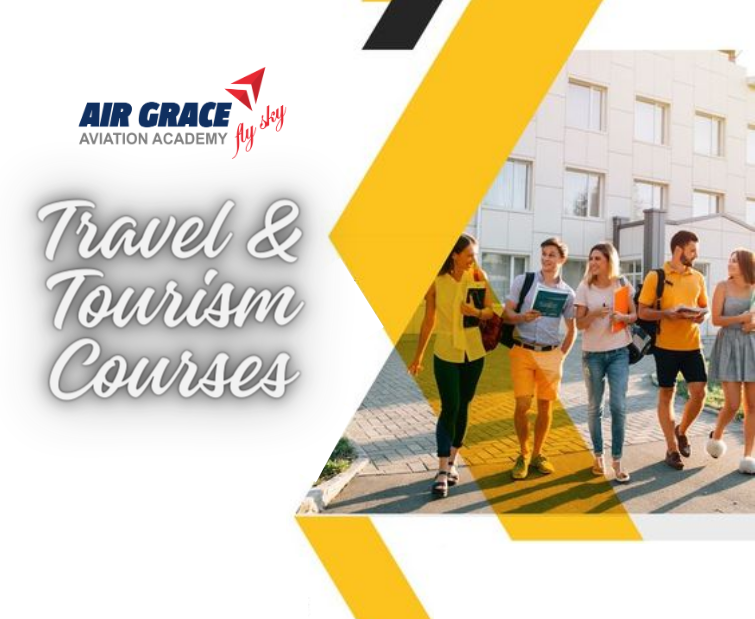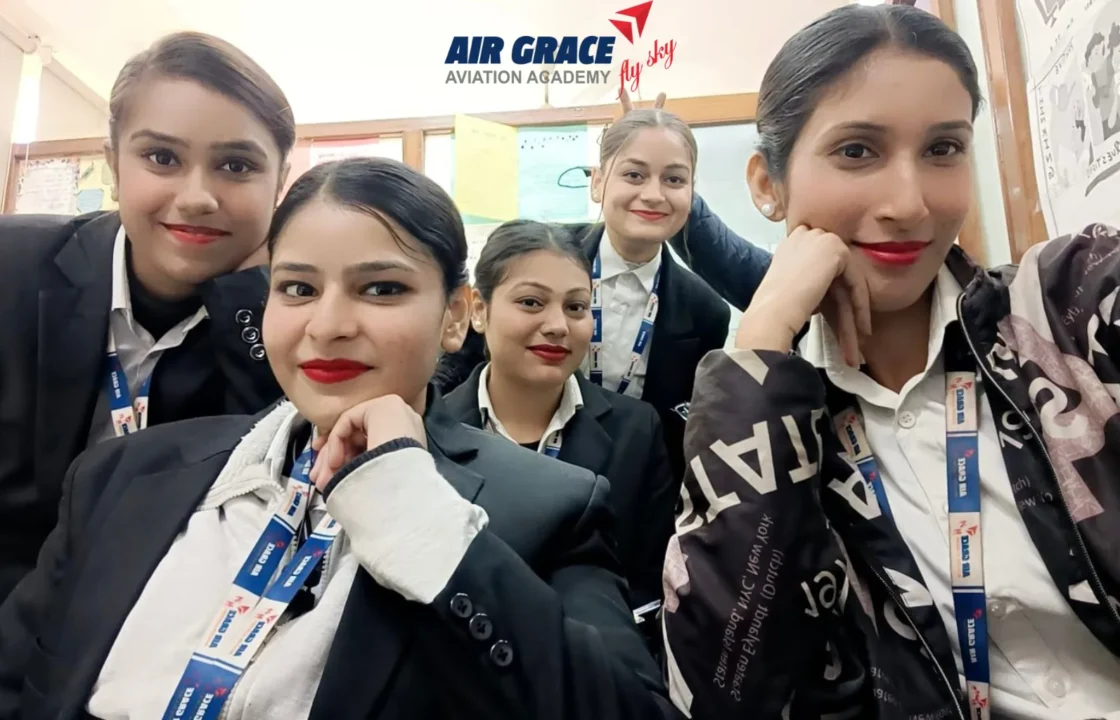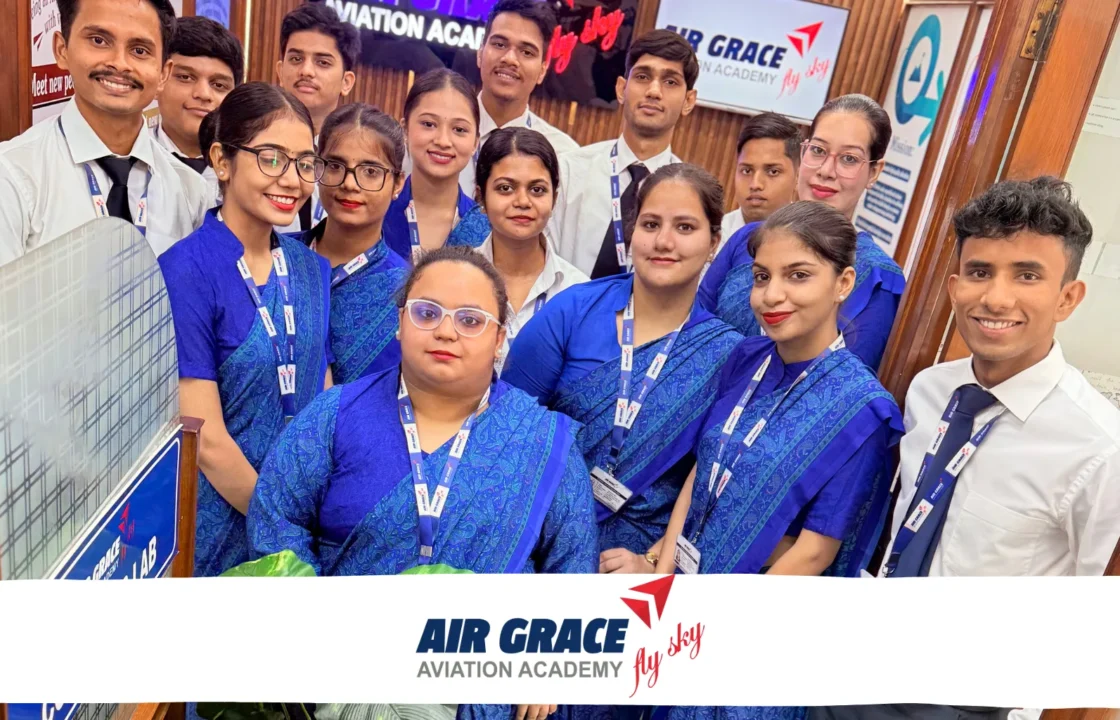
The Ultimate Guide to Travel and Tourism Courses
In today’s dynamic world, the travel and tourism industry continues to thrive, offering diverse opportunities for individuals seeking a fulfilling career. Travel and tourism courses serve as the gateway to this exciting sector, equipping aspiring professionals with the knowledge and skills necessary to excel in various roles. Whether you’re passionate about exploring new destinations, assisting travelers, or managing tourism operations, there’s a course tailored to meet your career aspirations.
Understanding
Travel and tourism courses encompass a wide range of subjects, catering to different interests and career paths. From hospitality management to tour guiding, these courses delve into various aspects of the industry, providing comprehensive insights into its operations and practices. Students can expect to learn about destination management, customer service, event planning, marketing strategies, and sustainable tourism practices, among other essential topics.
Benefits of Pursuing
Embarking on a journey in the travel and tourism sector offers numerous advantages for individuals with a passion for exploration and hospitality. Here are some compelling reasons to consider enrolling in travel and tourism courses:
1. Career Opportunities Abound
The travel and tourism industry is known for its diverse array of career opportunities. Whether you’re interested in working for airlines, hotels, cruise lines, tour operators, or travel agencies, there’s a role suited to your skills and preferences. Travel and tourism courses provide the foundational knowledge and practical experience necessary to pursue these exciting career paths.
2. Global Outlook
One of the most appealing aspects of a career in travel and tourism is the opportunity to explore different cultures and destinations. Professionals in this field often have the chance to travel extensively, gaining firsthand experience of diverse landscapes, cuisines, and customs. Travel and tourism courses foster a global mindset, preparing students to thrive in multicultural environments and adapt to changing trends in the industry.
3. Personal and Professional Growth
Beyond the tangible benefits, pursuing travel and tourism courses can lead to significant personal and professional growth. Students develop essential skills such as communication, problem-solving, teamwork, and leadership, which are highly valued in today’s job market. Additionally, working in the travel and tourism industry allows individuals to enhance their cultural awareness, empathy, and adaptability, enriching both their personal lives and career trajectories.
Choosing the Right
With a multitude of travel and tourism courses available, selecting the right program can seem daunting. However, by considering your interests, career goals, and learning preferences, you can narrow down your options and find the perfect fit. Here are some factors to keep in mind when choosing a travel and tourism course:
1. Accreditation and Reputation
It’s essential to choose a course offered by a reputable institution with accreditation from relevant industry bodies. Look for programs that have a track record of producing successful graduates and positive reviews from alumni and industry professionals.
2. Curriculum and Specializations
Evaluate the curriculum of each travel and tourism course to ensure it covers topics relevant to your career aspirations. Some programs may offer specializations in areas such as mentioned below:
Hospitality management, Adventure Tourism, or Sustainable Travel, allowing you to tailor your studies to your interests.
3. Practical Experience and Internship Opportunities
Hands-on experience is invaluable in the travel and tourism industry. Seek out courses that incorporate practical training, field trips, and internship opportunities with leading organizations. These experiences not only enhance your skills but also provide valuable networking opportunities and industry insights.
4. Flexibility and Accessibility
Consider factors such as course duration, scheduling options, and delivery formats when choosing a travel and tourism course. Whether you prefer traditional classroom-based learning, online courses, or blended programs, ensure that the course structure aligns with your lifestyle and learning needs.
Conclusion
In conclusion, travel and tourism courses offer a pathway to a rewarding and dynamic career in one of the world’s largest industries. By acquiring the right knowledge, skills, and practical experience, individuals can embark on a journey filled with exciting opportunities for personal and professional growth. Whether you’re passionate about hospitality, adventure, or cultural exchange, there’s a travel and tourism course waiting to help you turn your aspirations into reality.
Wish to read what our students say about us: Click Here
Know about our Travel & Tourism Diploma Course: Click Here



